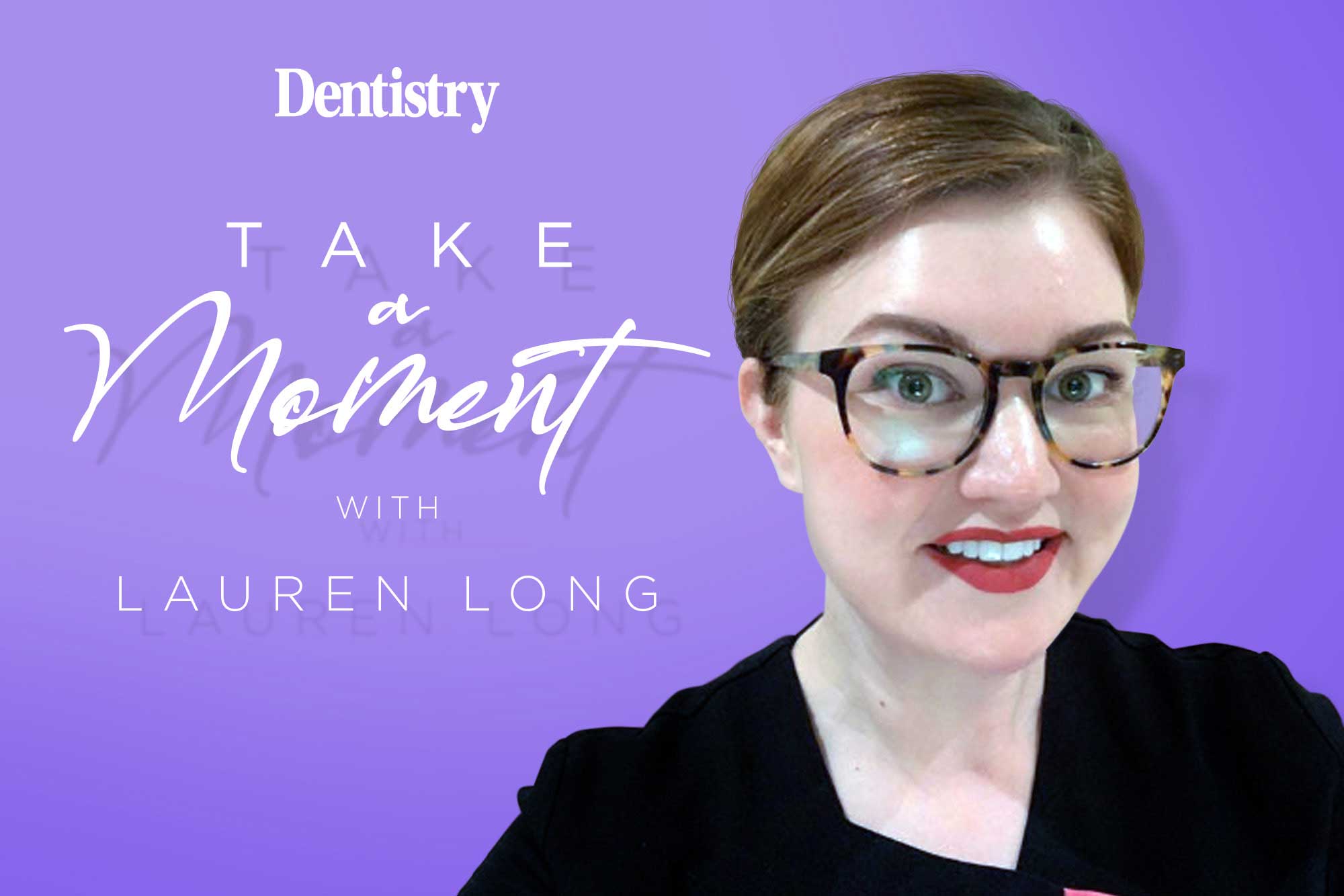 Imposter syndrome is something many of us will experience during our time working in dentistry. Lauren Long explores ways to combat it.
Imposter syndrome is something many of us will experience during our time working in dentistry. Lauren Long explores ways to combat it.
Most of us have heard it – that voice in our heads saying ‘You’re not good enough’, ‘You can’t do this’. At least 70% of us will experience at least one episode of imposter syndrome during our lives (Sakulku and Alexander, 2011).
It is likely that this is even higher in dentistry. This is because it is more common in professions with a large number of high achievers. A recent study of medical students showed that 87% experienced a high or very high degree of imposter syndrome (Rosenthal et al, 2021).
But how can we tell if it’s happening to us and if so, how can we deal with these feelings?
Signs of imposter syndrome
- Doubting your abilities or achievements
- Being overly critical of your own performance
- Not being able to recognise your own skills and competence
- Putting your successes down to ‘luck’
- Anxiety around living up to expectations
- Setting yourself unachievable goals and feeling devastation when you don’t meet them.
There are certain personality types who are more likely to experience it (Young, 2011):
- Perfectionist – never satisfied with their own work, perfectionists are always striving for ‘more’. Focusing on their mistakes instead of their victories
- Superhero – pushing themselves to overwork due to feeling inadequate. They will commit to too much, often leading to burnout
- Expert – always wanting to increase their knowledge. They will therefore never be satisfied with how much they have learned
- Natural genius – set expectations of themselves that are too high and they cannot then achieve
- Soloist – love to work alone and will also refuse assistance no matter how stressful things become.
It’s a syndrome that sufferers have rarely talked about for fear of being ‘outed’ and seen as weak.
As the dental profession has become more open in discussing mental health and wellbeing, it has become clear that we can actually talk about these issues without fear of judgement from our peers.
How do we deal with this?
- Talking to someone else is the single best way to deal with imposter syndrome. Having an outside view can stop us in our tracks and make us see things in a different light
- Evaluate your own thoughts – ask yourself ‘is this rational?’
- Find someone in the same situation – you can check in on each other and offer reassurance
- Try not to compare yourself to others, especially on social media. Remember that someone’s Instagram feed is likely to be a highly edited view of their life and achievements. We all only want to post our best work and the moments where we feel happiest
- ‘Fake it til you make it’. Even when the voice inside your head tells you to turn an opportunity down because you aren’t good enough, try and push through it and prove yourself wrong
- Forget perfection – focus on doing things well, perfection rarely exists.
Whilst being part of a stressful, competitive profession it is difficult to remember to take a step back and break these thought patterns when they occur.
Remember, if you are feeling this way then it is likely that many others you know will too.
Maybe now we can be better at identifying when support is needed for both ourselves, our peers and encourage the belief that we all deserve to be where we are.
References
Rosenthal S, Schlussel Y, Bit Yaden M, DeSantis J, Trayes K, Pohl C and Hojat M (2021) Persistent Impostor Phenomenon Is Associated With Distress in Medical Students. Fam Med 53(2): 118-22
Sakulku J and Alexander J (2011) The imposter phenomenon. Int J Behav Science 6(1): 73-92
Young V (2011) The Secret Thoughts of Successful Women: Why Capable People Suffer From the Imposter Syndrome and How to Thrive in Spite of It. Crown Business
Catch previous Take a moment articles:
Follow Dentistry.co.uk on Instagram to keep up with all the latest dental news and trends.


